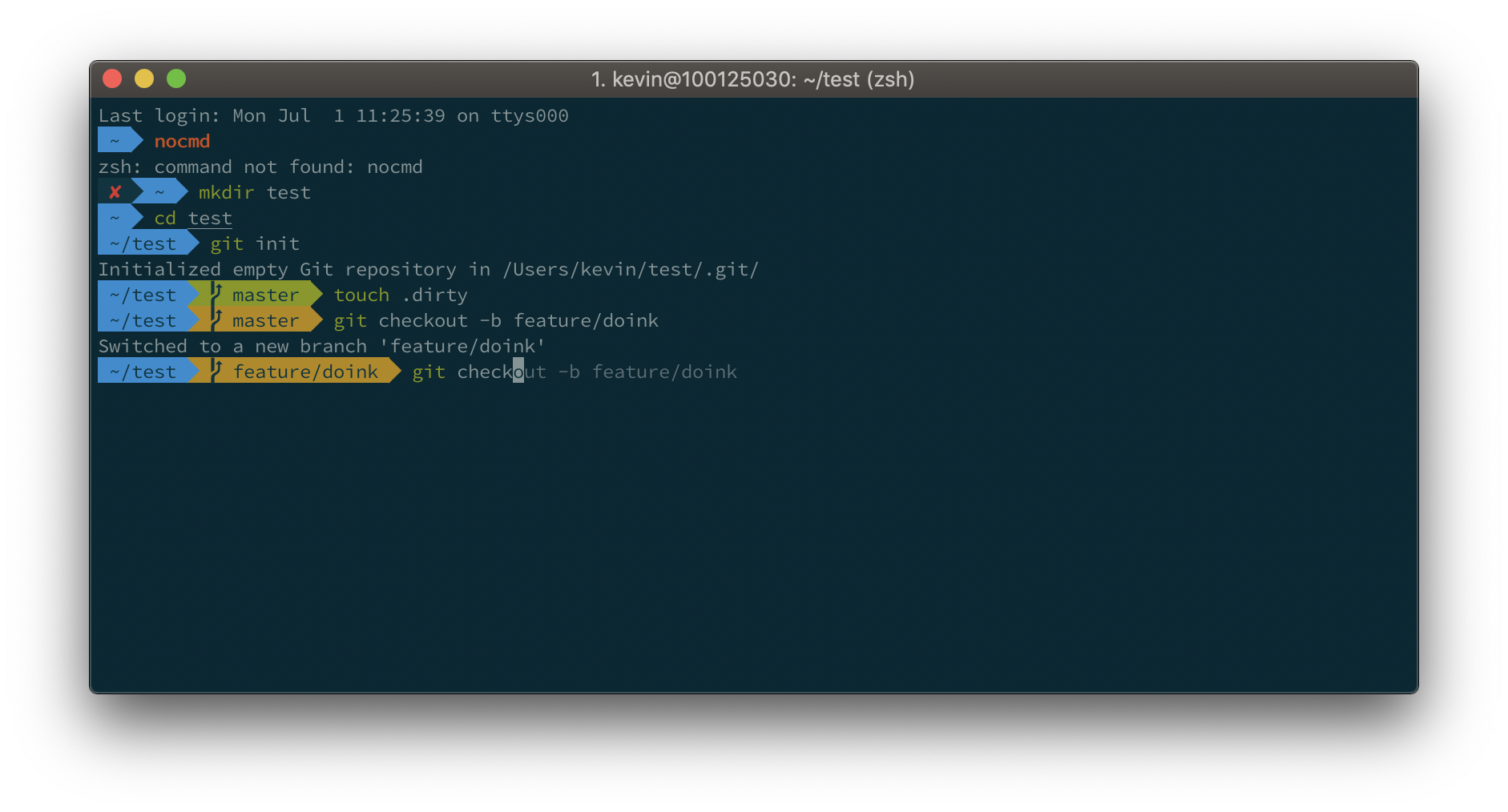Not all random values are created equal - for security-related code, you need a specific kind of random value.
A summary of this article, if you don't want to read the entire thing:
- Don't use
Math.random(). There are extremely few cases whereMath.random()is the right answer. Don't use it, unless you've read this entire article, and determined that it's necessary for your case. - Don't use
crypto.getRandomBytesdirectly. While it's a CSPRNG, it's easy to bias the result when 'transforming' it, such that the output becomes more predictable. - If you want to generate random tokens or API keys: Use
uuid, specifically theuuid.v4()method. Avoidnode-uuid- it's not the same package, and doesn't produce reliably secure random values. - If you want to generate random numbers in a range: Use
random-number-csprng.
You should seriously consider reading the entire article, though - it's
Translated from https://blog.isquaredsoftware.com/2020/05/blogged-answers-a-mostly-complete-guide-to-react-rendering-behavior/, author: Mark Erikson (from Redux team)
Bài viết cung cấp chi tiết về cách mà React render hoạt động, và việc sử dụng Context và Redux ảnh hưởng thế nào tới quá trình render của React.
Rendering is the process of React asking your components to describe what they want their section of the UI to look like, now, based on the current combination of props and state.
This file contains bidirectional Unicode text that may be interpreted or compiled differently than what appears below. To review, open the file in an editor that reveals hidden Unicode characters.
Learn more about bidirectional Unicode characters
| parameters: | |
| mad.crawler.client.config: | |
| user_agent: "Mozilla/5.0 (Macintosh; Intel Mac OS X 10.10; rv:35.0) Gecko/20100101 Firefox/35.0 FirePHP/0.7.4" | |
| base_url: %crawler.base.url% | |
| mad.crawler.config: | |
| crawler_sleep: 5; | |
| item_sleep: 0.5 | |
| mad.crawler.main_url_list: [ %crawler.base.url% ] |

